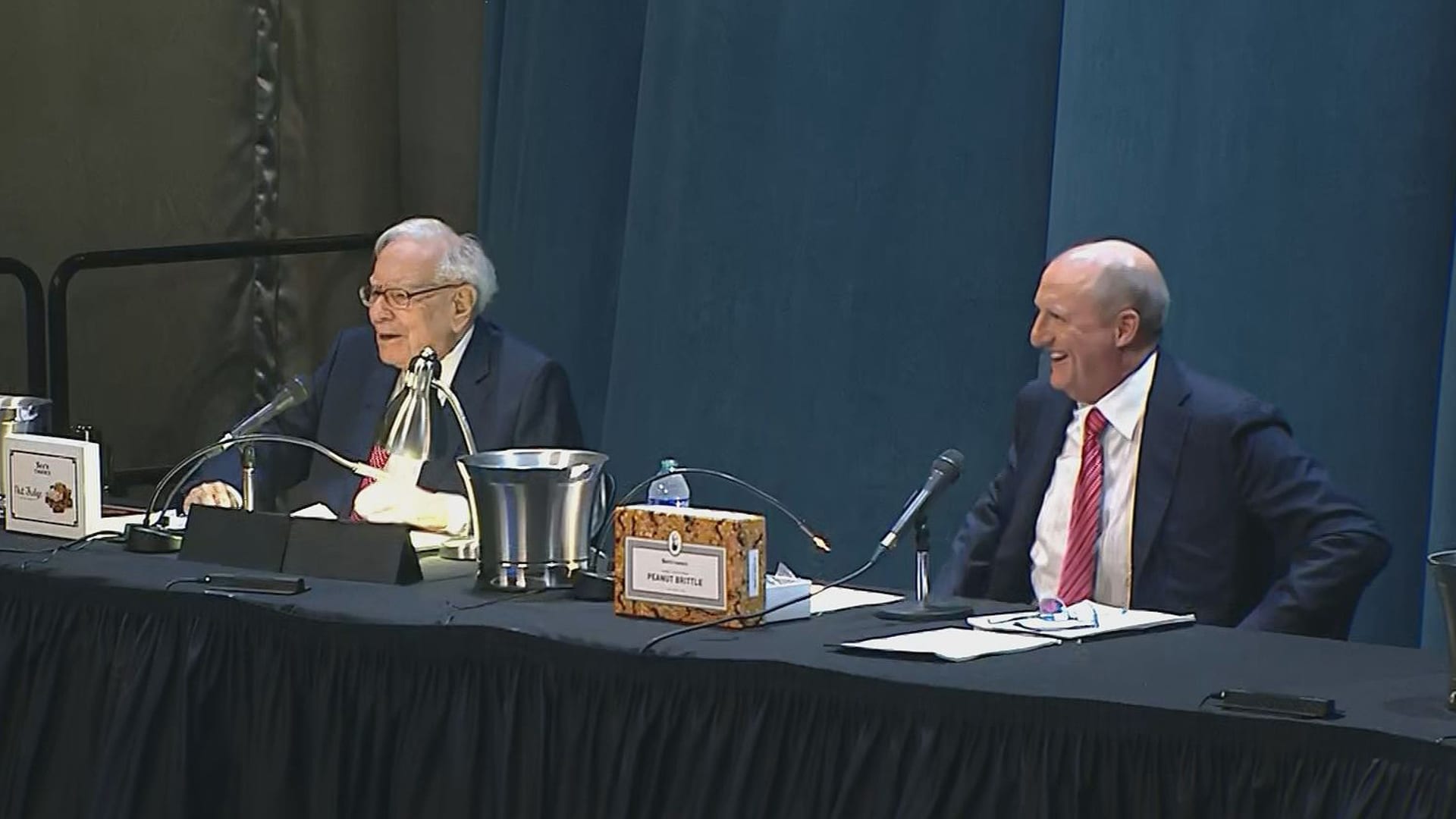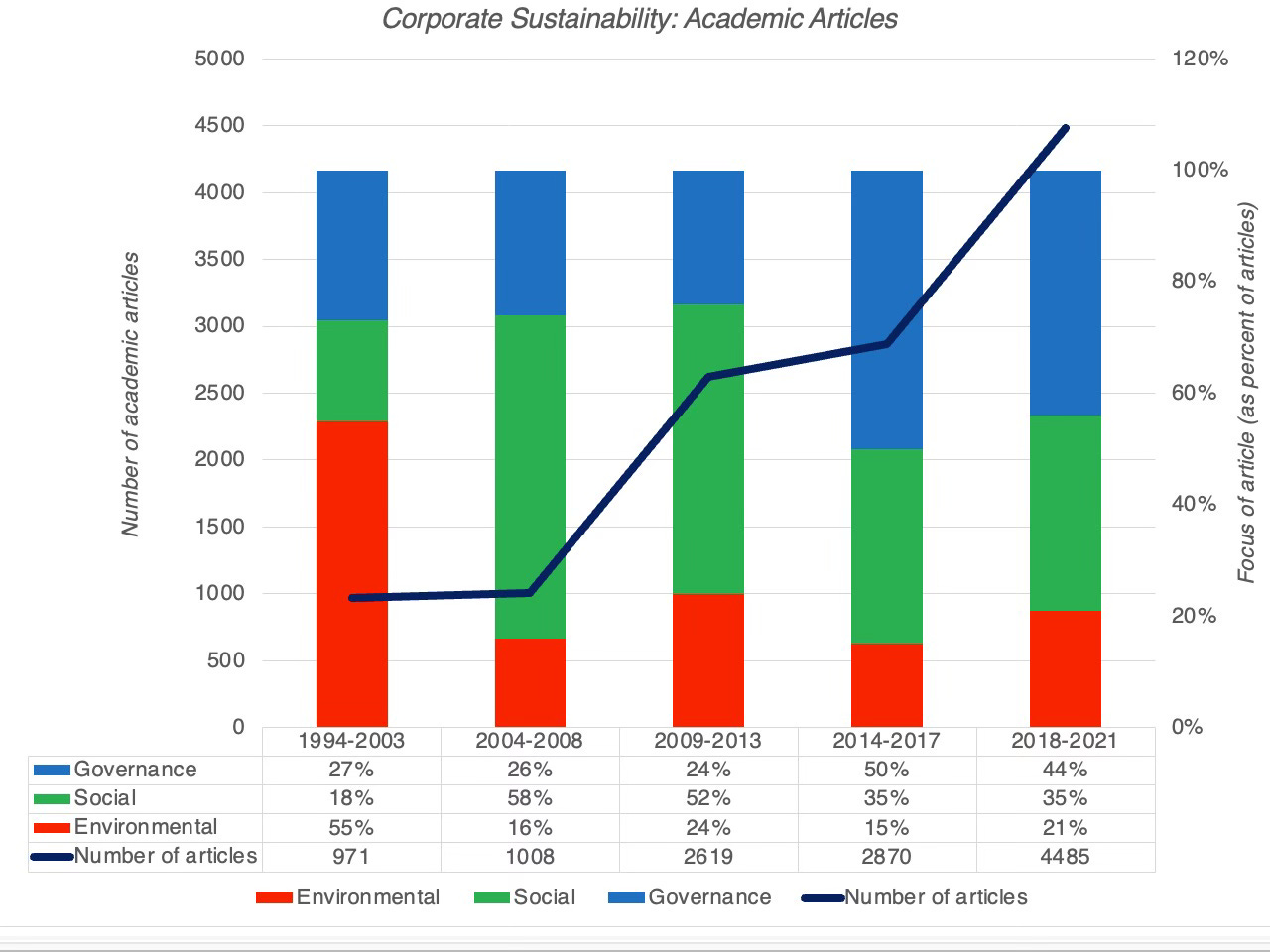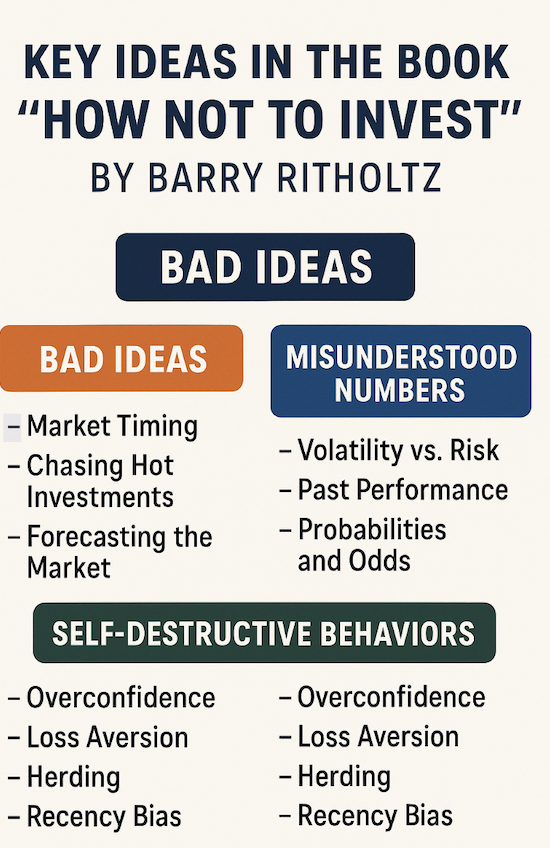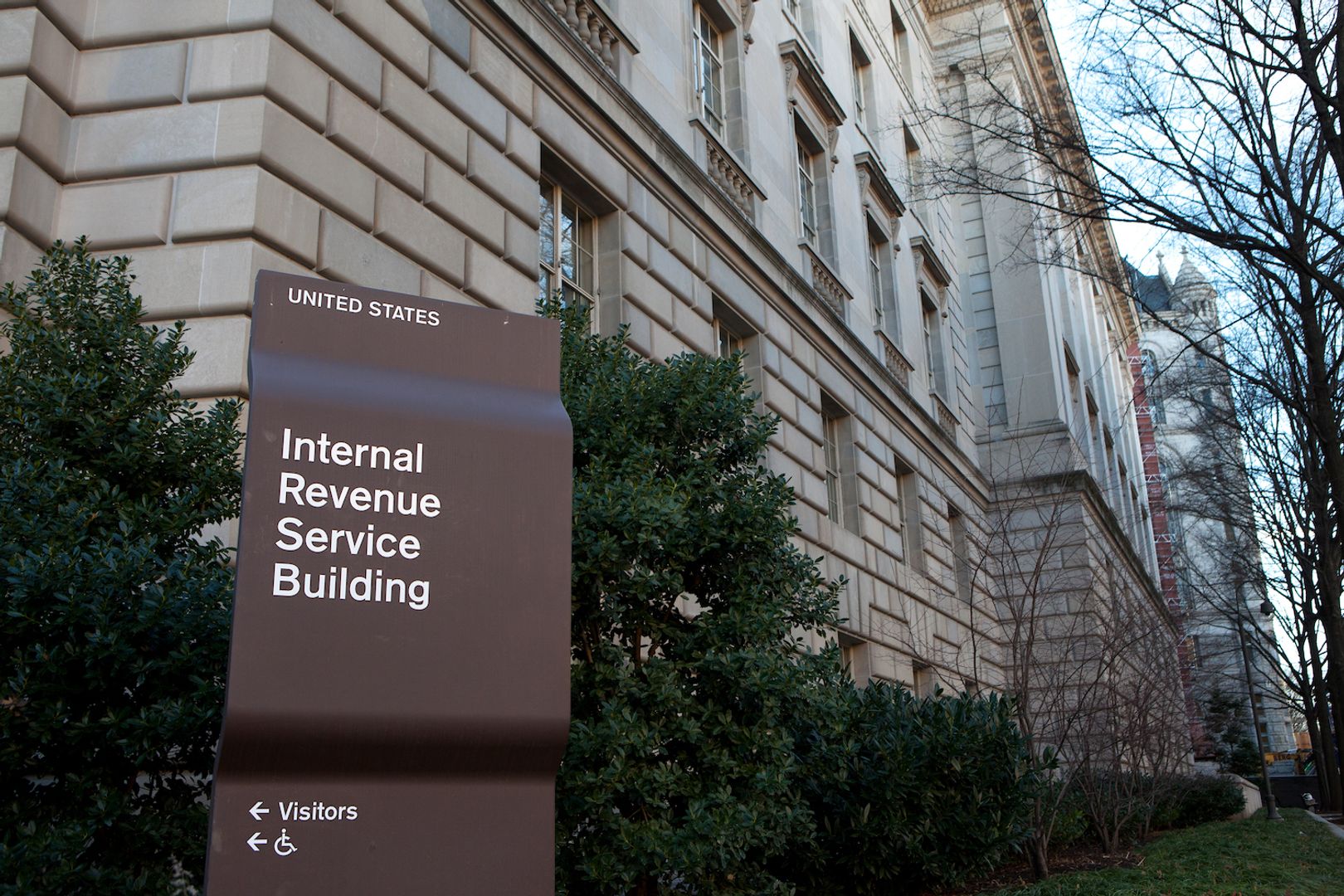I Owe $10,000 on a Car That Needs Constant Repairs – What Should I Do?
Sometimes it’s just not worth hanging onto those pesky liabilities that could cost us a great deal more over the long haul. Indeed, it’s costly to buy a new used vehicle upfront, but it may very well be the better financial decision than hanging onto a lemon that always seems to be in a state […] The post I Owe $10,000 on a Car That Needs Constant Repairs – What Should I Do? appeared first on 24/7 Wall St..

Sometimes it’s just not worth hanging onto those pesky liabilities that could cost us a great deal more over the long haul. Indeed, it’s costly to buy a new used vehicle upfront, but it may very well be the better financial decision than hanging onto a lemon that always seems to be in a state of malfunction.
In this piece, we’ll check in on the curious case of an individual who owns a 2015 Nissan Versa that’s been giving them nothing but problems of late. Some way or another, it finds a way to keep breaking down. And with plenty of loans (amounting to $10,000) taken out to be put on repairs, they’re wondering if it’s a better idea to sell the unreliable vehicle for another one that could give them better mileage without all the unexpected surprises. Indeed, they’ve already claimed to have “learned a lesson” and will be sure to put in the extra research prior to deciding on their next vehicle model.
For readers in a similar situation, is it really better to get rid of a problematic vehicle after repair bills exceed a certain figure? Or does it make more sense to keep the vehicle now that it’s newly repaired? Let’s check in.
Key Points
-
Selling an unreliable vehicle could be a better investment for those sick of surprise repair bills.
-
Are you ahead, or behind on retirement? SmartAsset’s free tool can match you with a financial advisor in minutes to help you answer that today. Each advisor has been carefully vetted, and must act in your best interests. Don’t waste another minute; get started by clicking here.(Sponsor)
Beware of sunk costs
Indeed, if one is hanging onto a vehicle just because they’ve spent a five-figure sum to repair and spruce it up, one could be in for more nasty surprises. Indeed, some car models just can’t hold together, even after light use. And while it’s also easy to get unlucky with a lemon, I still think that those deciding on whether or not to ditch a pricey vehicular liability should focus on the path ahead, rather than basing a decision on some amount of sunk costs.
Concentrating on such costs, which are losses that one will never get back, could lead to even more pain at some point down the road. Additionally, if you have a tight budget, the last thing you need is a high probability of a future breakdown. It’s the unpredictable nature of such expenses that could really sink one’s financial trajectory.
Unless there’s some sort of sentimental value associated with the vehicle, I’d look to explore options to get rid of it. Whether that entails selling the car at a loss or trading it in for something else, there are better paths forward for those sick of the growing list of repairs.
Shopping around for a new vehicle
If you’ve got a costly lemon on your hands, investing sums of cash that would have otherwise gone towards repair bills could be a better investment. Of course, the upfront loan will be heftier, but one doesn’t need to go for the priciest option on the used car market to have something that was built to last. Indeed, there are some pretty cheap models that, while not as luxurious, can hold up many years (or even decades) without racking up repair bills. Indeed, seek a brand and model that has a history of reliability.
Also, while it’s tempting to go for the cheapest options for any given model on the used car market, I’d encourage one to go for something that offers the best value, rather than the cheapest price. Like with stocks, it’s more about value than the price of admission. If you can get lower mileage and a few more features for a price you can afford, the mildly pricier option may offer a better return on investment.
The bottom line
Just like hanging onto a sinking stock of an underwhelming company, it can be a mistake to hang onto a lemon of a car just because you’ve spent so much on it. Of course, it’s so hard to sell anything at a loss, whether it be shares of a company or a car you’ve sunk north of $10,000 on. In any case, it’s sometimes best to cut one’s losses and focus on maximizing return on investment for the road ahead because, at the end of the day, that’s really all that matters.
The post I Owe $10,000 on a Car That Needs Constant Repairs – What Should I Do? appeared first on 24/7 Wall St..





































































































































































